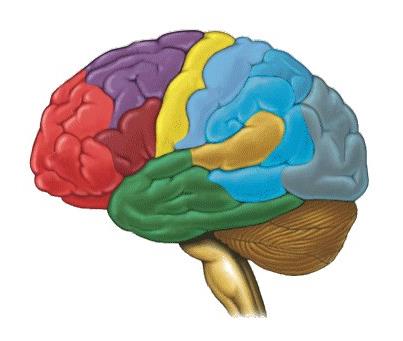The science of Neuroplasticity and discoveries around brain based learning show why learning a language as an infant is ‘easier’ than later in life, and what we can do about it later in life.
 In plain speak (by way of a summary from the field of neuroplasticity*), it has to do with the nucleus basalis – the part of our brain that allows us to focus our attention – being always turned on during childhood, meaning we absorb all language sounds together in one big beautiful linguistic symphony, and just ‘sing’ them out without having to think too much about it. We absorb language.
In plain speak (by way of a summary from the field of neuroplasticity*), it has to do with the nucleus basalis – the part of our brain that allows us to focus our attention – being always turned on during childhood, meaning we absorb all language sounds together in one big beautiful linguistic symphony, and just ‘sing’ them out without having to think too much about it. We absorb language.
If only one language is spoken, the language map gets dominated by certain sounds from the primary language, making it harder especially later in life to focus on new language sounds. Hence, the difficulty of learning a new language.
If, however, we blame our BRAIN on this stubborn refusal to pronounce rolling ‘r’s, or nasal ‘nga’s, or string sounds together to make words, or weave words together to make sentences…and instead we accept that we actually can reprogramme our brain: then we can all become a little or a lot bi-lingual (plus it also helps to put in a bit of time and commitment to learning a language!).
These discoveries and understandings about brain-based learning, led to solid scientific advice* from experts that if we exercise our brain through doing memory and linguistic exercises, we will sharpen our minds. Yes!!! Ka pai!! Sharp as a knife!
Learning a language can create new neural pathways, which also means healthy brain functionality, and a more “switched on, connected, enriched” life.
Whoever needed a better reason for learning Te Reo than that?!
Ākina Te Reo: Whakamana te hinengaro ~~ Learn Māori: Power-up your Brain!
Learning a language is a bountiful gift giving us new ways to experience the world, the ability to order and buy food (vital life skill), tell jokes and laugh (another great life skill) and to have healthy brains.
Even if it is being inspired to learn just one word at a time…
Whakamana te hinegaro ~ Power up your brain power!
* For a great read on neuroplasticity, and to find out more about language centres in our brain, check out one of my fave books: The Brain that Changes Itself, by Norman Doidge MD

Share This
Share this site with your friends